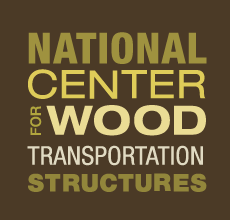Project Details
16-601
11/18/16
08/31/17
Iowa Department of Transportation
Researchers
About the research
Granular-surfaced roads in seasonally cold regions are frequently subjected to freeze-thaw cycles, leading to severe damage during thawing periods. To identify cost-effective technologies and geomaterials for improving the performance of and mitigating freeze-thaw damage on granular-surfaced roads, the recently completed Iowa Highway Research Board project TR-664, Low-Cost Rural Surface Alternatives: Demonstration Project, studied 17 stabilized demonstration sections over a two-mile stretch of Vail Avenue in Hamilton County, Iowa, which is a heavily used granular-surfaced road.
In the TR-664 project, field tests and visual surveys were performed over the 2013–2014 and 2014–2015 seasonal freeze-thaw cycles. The construction procedures, costs, and performance of the test sections were documented in the TR-664 final report.
The present project was conducted to continue monitoring the performance and documenting the maintenance costs of the test sections through the 2016–2017 seasonal freeze-thaw cycles, and to maintain continuity of the field performance data in subsequent phases of this research. In the present project, performance-based field tests were conducted on all of the test sections. Additionally, the weather data, ground temperature profile, surface performance, and maintenance costs of the various sections were recorded.
Based on the newly collected field test and maintenance data, it was concluded that the sections with macadam stone base layers continued to perform better than all other sections, while the stiffnesses of the chemically stabilized sections decreased significantly after two years of service. The updated break-even periods of the various stabilization methods were found to be approximately the same as those determined in the TR-664 project.
